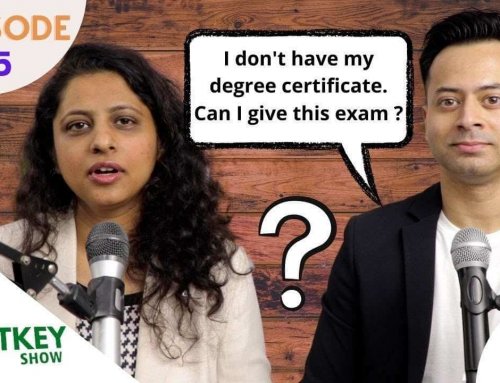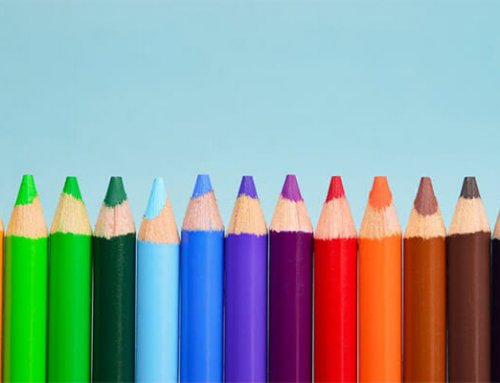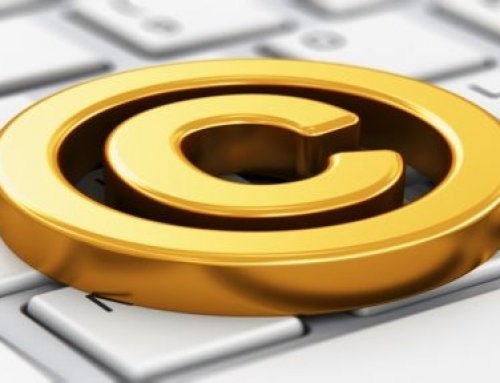Copyright is a form of intellectual property which is automatically provided to the authors of “original works,” including literary, dramatic, musical, and artistic works. It is a legal right created by the law of a country that grants the creator of original work exclusive rights for its use and distribution. This is usually for a limited period of time. A major limitation on copyright is that it only protect works that are the expression of thoughts, not ideas.
Copyrights are considered a territorial right, which means that they do not extend beyond the territory of a specific jurisdiction. The concept of copyright was first introduced in Berne Convention for the Protection of Literary and Artistic Works in 1886. It is based on three basic principles and contains series of provisions determining minimum protection for the creator of the work, as well as special provisions are available to developing countries that want to make use of it. The three basic principles are as follows:-
(1) The principle of national treatment
(2) Obligates member countries to adopt minimum standards for copyright protection and copyright protection under Berne Convention is automatic
(3) It provides for a minimum term of copyright protection of the life of the author plus fifty years. However, contracting parties are free to provide longer terms of copyright protection
When we buy music, we own that particular copy of music which means we don’t have any copyright over the music. This is because copyright law gives the creator or owner of an original work an exclusive right to:
Reproduce (copy) or distribute the original work to the public(e.g., create and sell copies of a film or music)
Create new works based upon the original work (e.g., make a movie based on a book)
Perform or display the work publicly (e.g., perform a play)
This is called “bundle of rights” given to the creator or owner of an original work to protect from unauthorized use. These rights are given to the owner to enjoy monopoly and economic benefits. Copyright allows it owners to prohibit others from selling, licensing, leasing or lending unauthorized copy of the work. Also, in many countries the right of distribution is limited to “first sale,” that means the copyright owner may control all the details about the “first sale” of his work like price, conditions, and timings.
For instance, if we buy a CD, we are allowed to sell that particular copy or make fair uses of it like we can use it for listening at home or can play it in the car. We don’t own a copyright in the music itself. We cannot make copies of the music or sell it to others that will be considered as copyright infringement. Another example can be if we bought a song on iTunes or other service, our ownership of it will be subjected to certain restrictions.
Hence from the above discussion we can say that when we buy music, either online or offline, we do not get copyright in the work.





